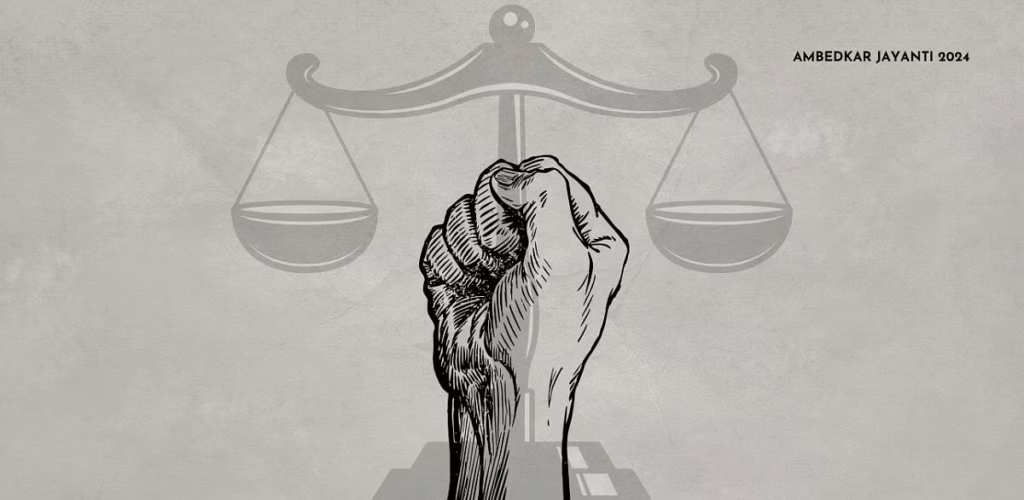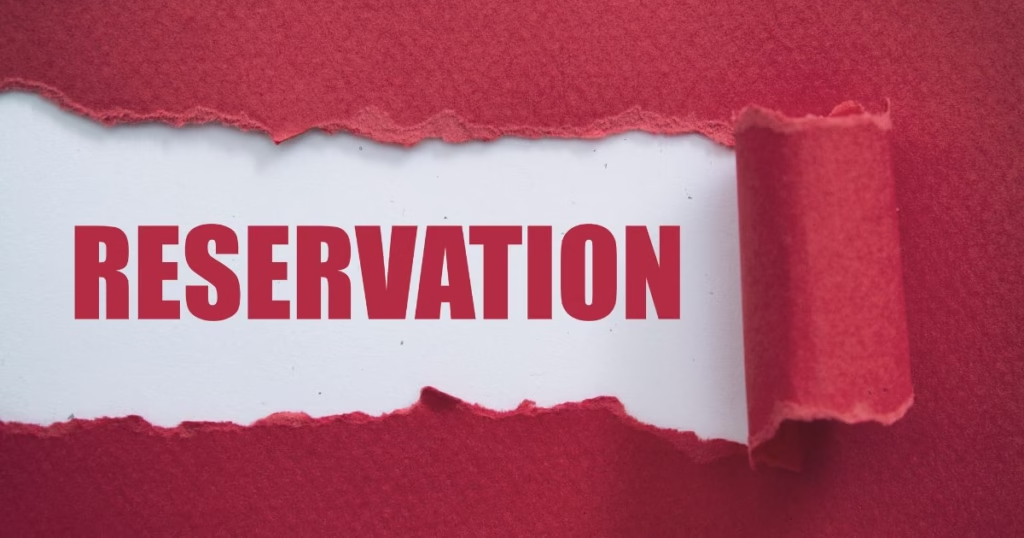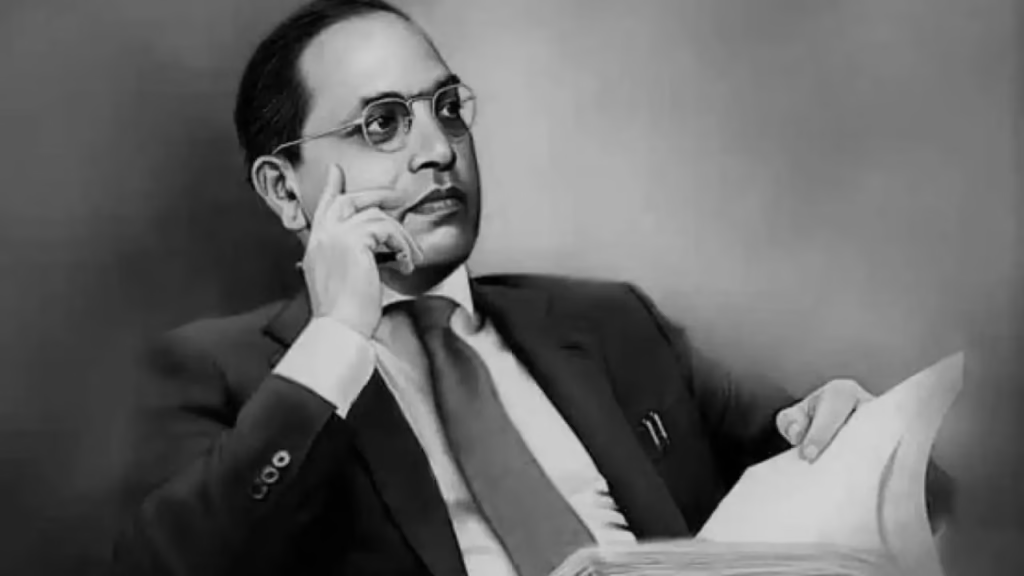Search Articles!
Latest Articles
Is the SC/ST Act Being Diluted? Understanding the Concerns
The Scheduled Castes and Scheduled Tribes (Prevention of Atrocities) Act, 1989, simply called SC/ST Act is a crucial piece of legislation designed to protect the rights and dignity of India’s most marginalized communities. However, there are growing concerns that the Act is being gradually weakened. This article delves into…
Casteism in Indian Cinema: A Historical & Critical Analysis
Casteism in Indian Cinema: A Deep Dive Welcome to a critical examination of how casteism manifests within Indian cinema. This analysis delves into the industry’s role in shaping and reflecting societal biases, particularly those rooted in caste. The history of cinema, a powerful medium for storytelling, has also been…
Religious Neutrality: Can One Be Impartial While Being Religious?
Religious Neutrality: Can One Be Impartial While Being Religious? In today’s diverse world, the question of whether a religious person can truly be impartial is more relevant than ever. Can they maintain their religious neutrality? This article delves into the complexities of balancing faith and objectivity, particularly in positions…
Supreme Court & Reservation: Impact on Bahujan Rights
Supreme Court & Reservation: A Deep Dive into Its Impact on Bahujan Rights Recent pronouncements by the Supreme Court regarding reservations have stirred debate and concern, especially within the Bahujan community. This article delves into the nuances of the Supreme Court’s stance that reservation is not a fundamental right,…
Indian Constitution: Dr. Ambedkar Authored Or BN Rao
Welcome to a factual analysis that unmasks a persistent historical distortion: the false claim that B.N. Rao, not Dr. B.R. Ambedkar, was the primary author of the Indian Constitution. Table of Contents: Understanding Historical Distortion and Narrative ControlPast Examples of DistortionThe Campaign Against Dr. B.R. Ambedkar's LegacyClaims Promoting B.N….
Ancient Indian Medicine: Beyond Common Narratives
Introduction: Exploring the Controversial World of Ancient Indian Science For centuries, a robust debate has persisted in India concerning the scope and nature of its ancient Indian Medicine and scientific traditions. People often attribute profound discoveries in various fields, particularly in medical science, to the wisdom of ‘Rishis.’ Claims…
Is Whale Song a Language as Complex as Our Own?
In 1955, amidst the geopolitical tensions of the Cold War, the United States Navy initiated a classified program. The objective was to strategically deploy underwater microphones across the ocean floor to monitor and track the movements of enemy submarines. Did they discover Whale Song? How did they find out…
History of Caste and Surname in India: A Comprehensive Guide
History of Caste and Surname in India: A Comprehensive Guide This article delves into the origins of surnames, their deep-rooted connections with the caste system, and their evolution across the ages. This exploration aims to provide a comprehensive understanding of Caste and Surname in the Indian context, shedding light…
Caste Denial: How Manusmriti Ideology Distorts History
The Global Spread of Manuvadi Ideology: A Threat to Equality In an increasingly interconnected world, the insidious spread of divisive ideologies poses a significant threat to the principles of equality and justice. One such ideology, rooted in ancient discriminatory practices, is the Manusmriti ideology, often referred to as Manuvad….
Is Vegetarianism a Weapon? Examining Caste and Food Politics in India
Is vegetarianism merely a personal dietary choice in India, or does it function as a weapon to perpetuate caste-based discrimination? This article fearlessly delves into the intricate relationship between vegetarianism and casteism in Indian society, exploring how dietary practices are sometimes weaponized against marginalized communities. Table of Contents Introduction…
Why This Matters?
Truth thrives in debate, not silence.
India’s social history is filled with misrepresented narratives that have justified caste oppression. We challenge these narratives through scientific evidence, archaeology, and rational inquiry. Join us in building a future where reason, not caste, shapes identity.
Social Unity & Collective Progress
A caste-free society fosters unity by breaking down artificial barriers of hierarchy. When individuals are judged by their abilities, not their birth, communities can collaborate effectively, driving collective progress. Imagine a world where every child, regardless of caste, has equal access to education, healthcare, and opportunities. This is the foundation of a truly democratic and just society.
Economic Empowerment & Innovation
Casteism perpetuates economic inequality by restricting access to resources and opportunities for marginalized communities. A caste-free society unlocks the potential of millions, enabling them to contribute to the economy and innovate without fear of discrimination. From Dalit entrepreneurs to Bahujan scientists, the end of caste means a stronger, more inclusive economy.
Mental Liberation & Human Dignity
Casteism dehumanizes both the oppressed and the oppressor. A caste-free society restores human dignity by erasing the stigma of ‘untouchability’ and the guilt of privilege. It allows individuals to define themselves by their actions, not their caste, fostering mental liberation and self-respect for all.









